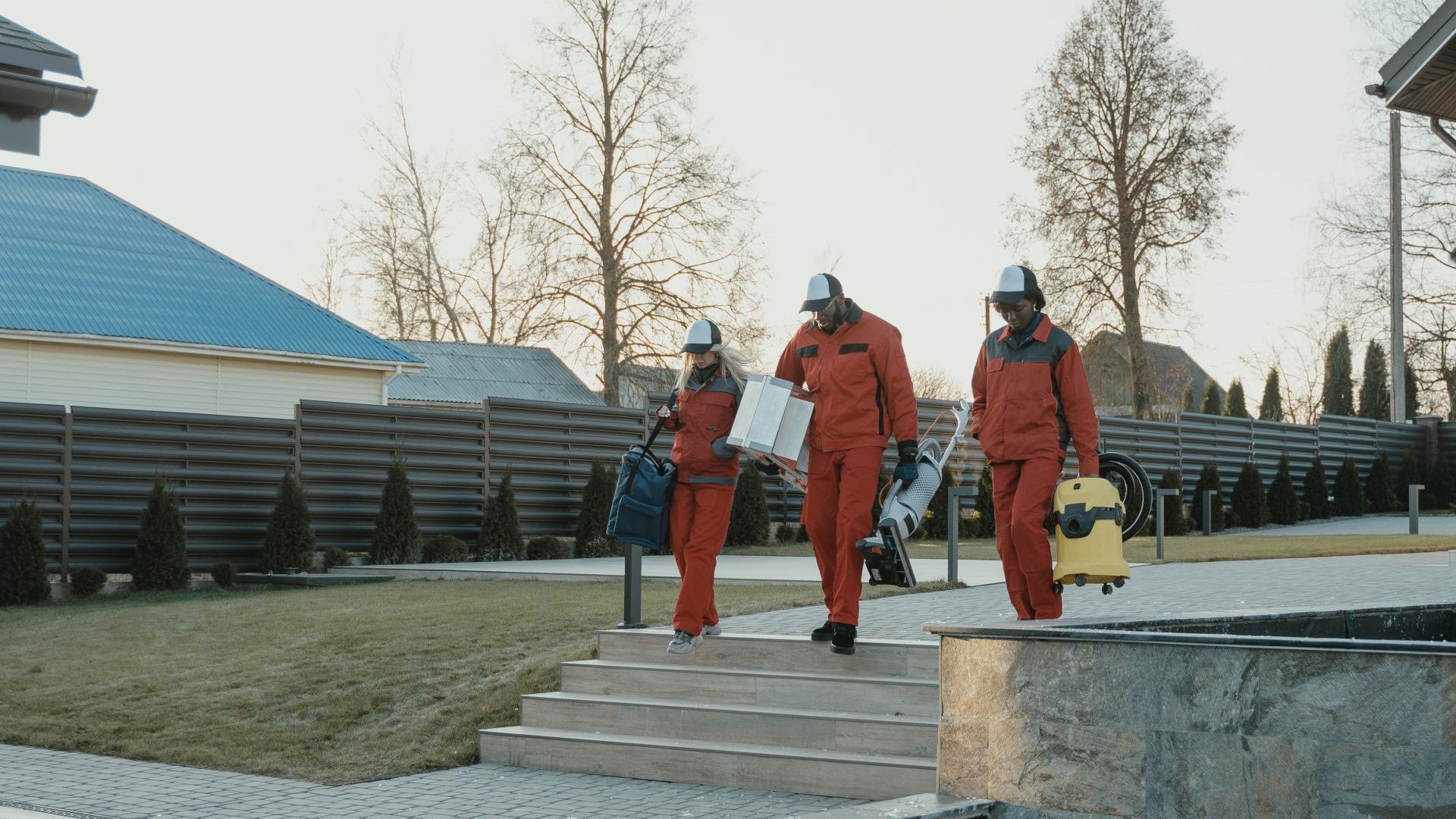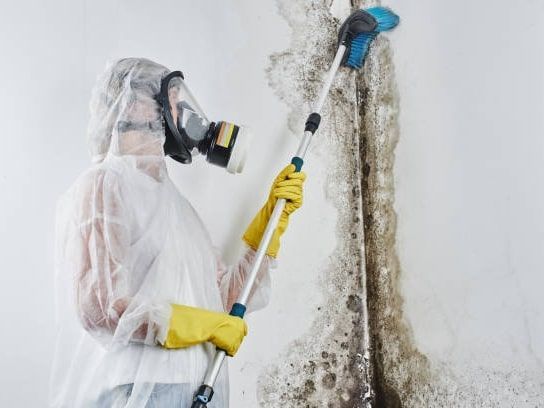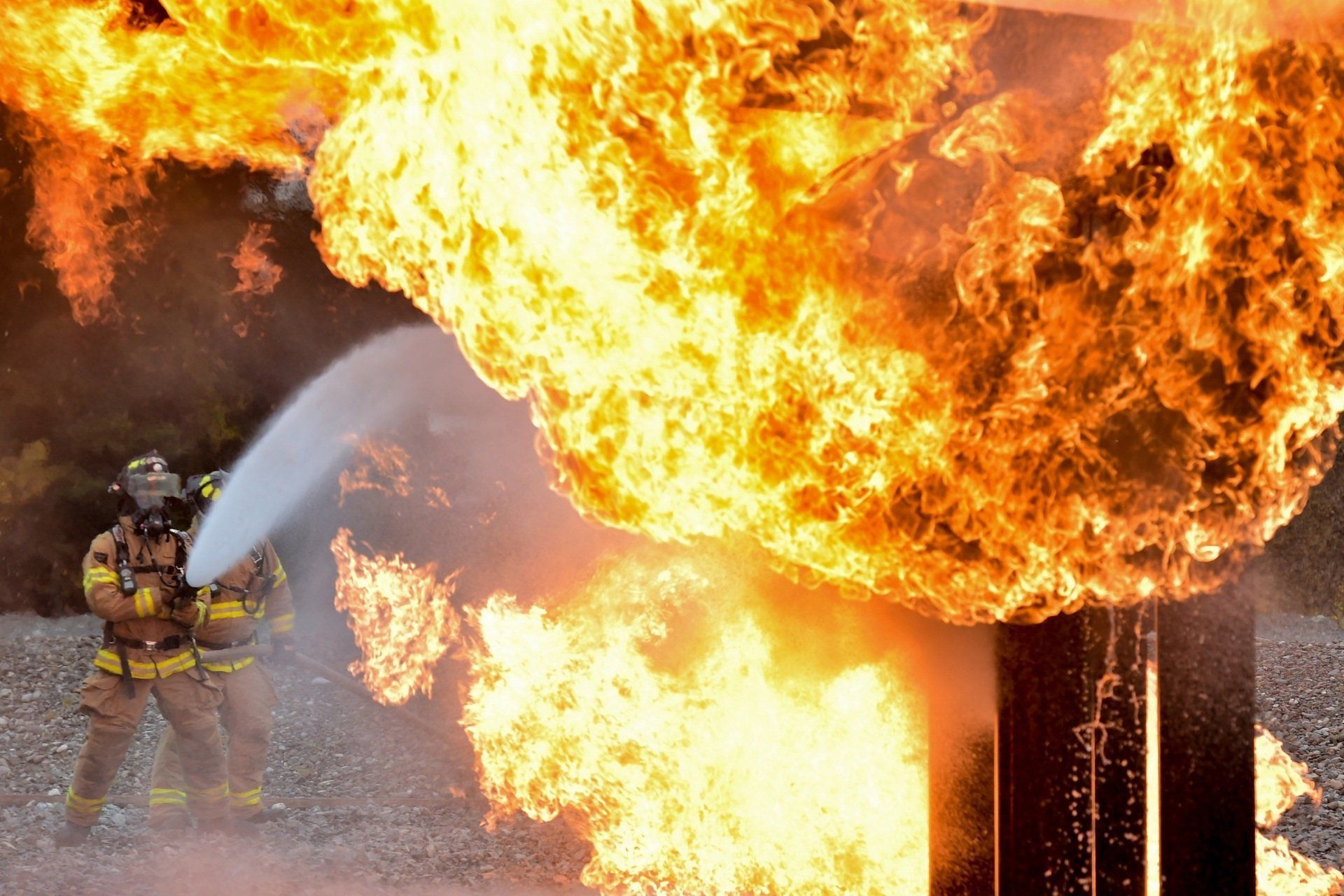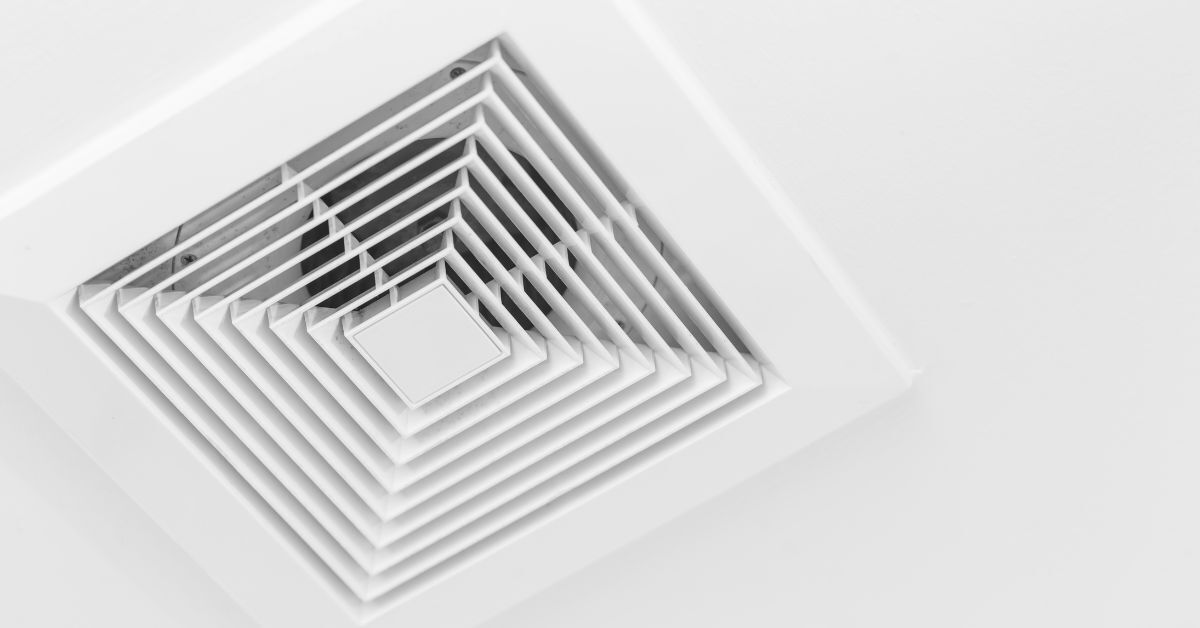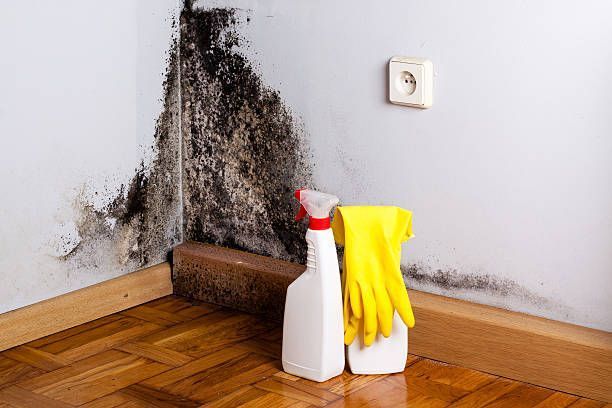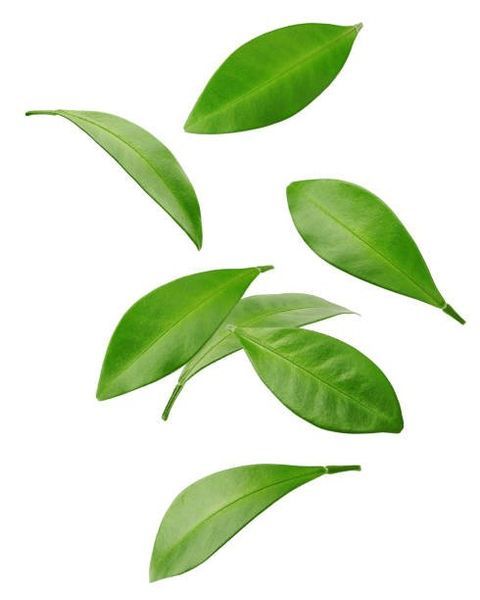Nine Simple Precautionary Steps to Avoid Clogged Drains
Even though it may not be our most favorite thing to think about, all of us must eventually face the reality that dealing with clogged drains is a part of life. From the shower drain to the sink or toilet, clogged drains in the home can be an unpleasant, smelly detractor from your everyday life. To remedy this issue, it is best to take preventative measures from the start. Simple steps such as regularly running hot water through the drains, regularly checking for any corrosion or leaks; and pouring a natural cleaner like baking soda mixed with vinegar can help lessen the possibility of persistent clogs in home drains. With a few routine steps, you can help keep your drains clog-free and running as smoothly as possible.
Common Causes of Clogged Drains
Clogged drains can happen for a variety of reasons, but there are a few common causes that you should keep an eye out for. The most common culprits are:
- Hair: Hair can quickly become a major issue when it starts clogging your drains, particularly in the shower or bathroom sink. It not only has a nasty look but it can also cause significant odors and water drainage issues over time. Fortunately, there are several solutions that can help you keep your drains clear, such as using a drain cover to collect excess hair, investing in a chemical cleaner to reduce grease buildup, or using a plumbing snake to break up the obstruction. With these solutions, you'll be assured that your drains remain clear-flowing and free of hair-clogging buildup.
- Grease and Oil: Grease and oil are two of the more common items that are often disposed of down the drain, however they can ultimately lead to issues such as clogged and slow-draining pipes. To avoid such costly, time-consuming issues, it is best to dispose of these items in a separate container rather than in the sink. Doing this can keep the plumbing system clear and open, preventing the possibility of sewage backups or other signs of clogged drains. Beyond disposing of oil and grease correctly, it is also beneficial to run hot water through the drain every once in a while to prevent debris from building up and potentially causing issues in the long run.
- Soap: Soap and shampoo residue can build up over time, leaving scummy deposits inside drains which can eventually lead to a blockage. This build-up of residue can be caused by excessive usage of soaps, shampoos and other bath products, or even naturally occuring environmental factors such as hard water. As the residue builds up over time, it can start to form a thicker crust which will eventually clog the drain and impede water flow. Clearing the blockage can be quite tedious and costly, so it's important to take preventative action in order to avoid the issue escalating.
- Toilet Paper: Even the most minor of flushed toilet paper amounts can lead to a plaque buildup within the pipes, consequently causing a blockage. This situation can be extremely inconvenient and costly to fix, as clogging can cause pipes to back up, potentially leading to property damage. Thus, it is important to properly dispose of or recycle toilet paper, rather than flushing any amount of it down your toilet.
- Food Waste:
While it may seem like a good idea to put your food scraps down the sink, don’t forget that bits of food can easily get stuck in the pipes, leading to a blockage. This can cause costly repairs, as those stuck food particles will begin to decay and attract pests, potentially resulting in a plumbing problem that is much greater than an easily preventable one. Also, drains are designed to handle only liquid waste, and pushing food particles into the plumbing system can lead to excessive buildup and eventually cause clogs. These often become far worse as food scraps attract grease and other debris, making the blockages even more difficult to remove. To prevent unnecessary plumbing problems, always dispose of food scraps in your compost bin or garbage can instead of running the risk of putting your entire plumbing system at risk.
Precautionary Steps to Take
Now that you know the common causes of clogged drains, you can start taking the precautions necessary to avoid becoming a victim of a clogged drain disaster. Here are a few simple steps to get you started:
- Install drain strainers: Drain strainers are a great way to keep hair, soap, oil and food waste from slipping through the cracks and traveling down the drains.
- Avoid flushing large items: It’s never a good idea to flush large items down the toilet, such as paper towels or wipes.
- Clean or replace strainer baskets with built-in strainers regularly: Be sure to clean or replace your strainer baskets with built-in strainers on a regular basis.
- Run hot water after each use: After each use, be sure to run hot water through the pipes to help prevent clogs from forming.
- Avoid putting grease and oil down the drain: Dispose of grease and oil in a separate container before putting it down the drain.
With a little bit of knowledge and a few precautionary steps, you can avoid the headache of dealing with clogged drains in your home. Taking the time to install drain strainers, regularly clean or replace strainer baskets and avoid putting grease and oil down the drain will help to keep your drains flowing freely.

